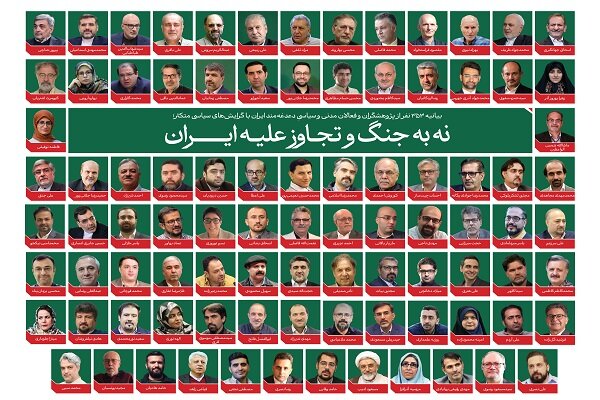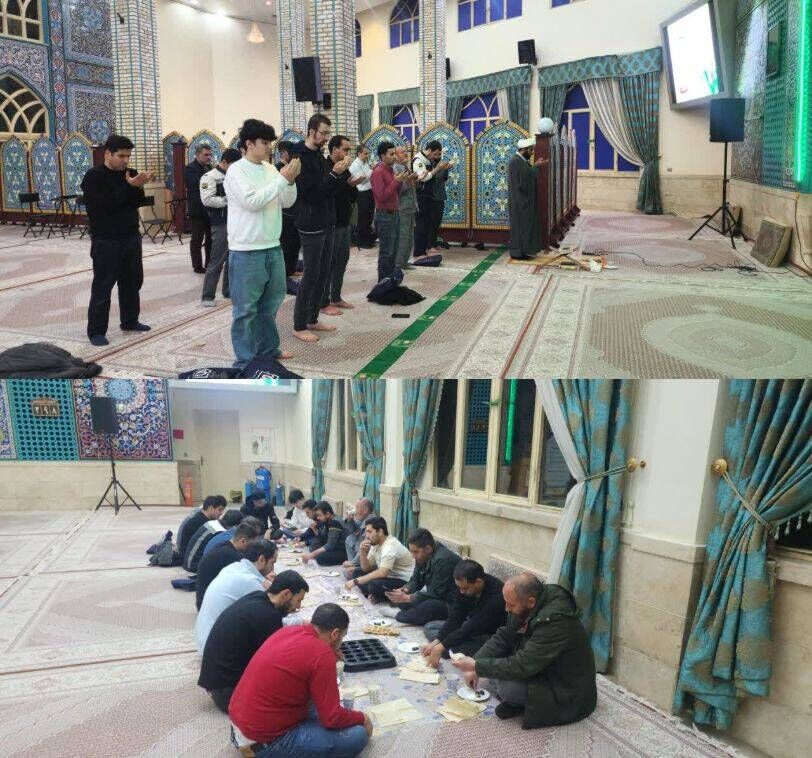Palestine 36: Annemarie Jacir’s epic is a lesson in anti-Hollywood history
Palestine 36: Annemarie Jacir’s epic is a lesson in anti-Hollywood history

What is it to see oneself represented on screen for the first time?
The power of representation of the oppressed, racialised and colonised in drama - TV and film especially - cannot be underestimated.
The weapons of erasure that colonialism and imperialism inflict on dispossessed populations and cultures are multifold and far reaching.
The physical, political dispossession of territory, self-determination and the basic rights to life and freedom are overlaid by other forms of erasure - in the realm of official history, news, and in entertainment. Edward Said eloquently explained this half a century ago.
History is told by the victors, or as Churchill put it, “History will be kind to me for I intend to write it”. As far back as Julius Caesar’s Conquest of Gaul, imperial chiefs wrote their own history, painting themselves in sympathetic light, and their victims as hapless losers, or terrorists.
In the age of Hollywood, films are the most popular form of mass storytelling, and not surprisingly, the ruling powers tell their story in a way that suits the established order.
From Zulu to The Crown, British filmmakers and dramatists have told the story of the empire with its soldiers and royalty as the protagonists, making us care about them. Ordinary people and the colonised are simply walk-on parts, and the sympathy and investment of the audience is always limited by the focus of the script on the rulers’ and colonialists’ lives.
In recent times, social media has broken the monopoly on elite storytelling by allowing ordinary people to tell their own stories and potentially reach millions: the Gaza genocide and the videoing of it by its victims is the most stark example. Without doubt, this capacity to centre the victims of empire and make them the protagonists has a shattering impact on the capacity of colonial powers the US, Israel and Britain to narrate Gaza as an antiterrorist campaign, rather than a genocide.
Breaking the narrative: Palestine 36
In the realm of cinema, who tells the story is still dominated by the imperatives of Hollywood executives, with small independent producers occasionally breaking the narrative mould by centring the stories and lives of those on the margins of wealth, power and elite representation.
Hollywood auteurs have at times dabbled in stories of rebellion and resistance, whether in fantasy, science fiction, or more realist outings, such as the recent One Battle After Another by director Paul Thomas Anderson, starring Leonardo DiCaprio as a hapless urban guerilla. But even this film, which begins with an exciting premise of organised direct action to free detained migrants, becomes another entertaining Hollywood tale that fetishises action over ideas.
The film was not made for western reviewers, it was made for Palestinians, and for a world audience with a sense of burning injustice and outrage
Very rarely, a director is able to turn the power of cinema into a weapon of resistance, by telling the story of the oppressed with the same kind of epic production values and cinematic verve that we normally associate with Hollywood blockbusters.
Enter Annemarie Jacir’s Palestine 36. I don’t think it can be overstated how incendiary and powerful her film’s arrival is for the simple fact that the Palestinian story has never been given a large-budget, ambitious historical telling (for western audiences) on the big screen until now.
The Palestinian story has been systematically silenced, distorted, or deployed under the empire-centric frame of terrorism - against decent, sympathetic westerners or Israelis. While there have been a number of commendable independent efforts in recent years to tell the Palestinian story, Jacir’s film is unique in ambition, directorial intention and historic sweep.
Anyone looking for well-told, compelling evocations of resistance by the colonised, racially othered or working classes is doomed to perpetual disappointment. Wading through the oceans of mediocre, superficial, US-centric versions of history on TV and cinema can be like being trapped in the consumer desert of an airport duty-free zone.
Jacir’s film has few peers - they include Irish independence war dramas The Wind That Shakes the Barley, directed by Ken Loach, and Neil Jordan’s Michael Collins, Gillo Pontecorvo’s The Battle of Algiers, and another French Algerian masterpiece, Rachid Bouchareb’s Outside the Law.
There may be others that have made their mark in telling anti-colonial history, but it is still a tiny pool of films that rise to the occasion of dramatising the colonised as conscious, revolutionary protagonists, rather than humanising the coloniser.
We are often left hunting for sympathetic narratives in fantasy blockbusters like Superman and the Star Wars and Dune franchises.
And for this reason alone, at a time of genocide, Palestine 36 deserves better than the bog standard, sniffy reviews that it has received from a number of western critics, who have singularly failed to recognise that this isn’t just some broad historical drama that appears from time to time. This reaction is unsurprising, since the film was not made for western reviewers, it was made for Palestinians, and for a world audience whose sense of burning injustice and outrage is systematically denied representation by the filmmaking industry.
Breaking the mould
Ideological hegemony of the ruling imperial system requires that its ideas of common sense and truth are shared by the masses. To quote Marx: “The ideas of the ruling class are in every epoch the ruling ideas, i.e. the class which is the ruling material force of society is at the same time its ruling intellectual force.”
Historically, artists often lean toward radical and dissenting ideas, but they are also acutely aware of their economic dependence on the rich producers, powerful commissioners and corporations that control the industry they work in.
In moments of historical rupture, such as the one we are living in, there are courageous artists who seek to tell history from the point of view of the oppressed
Mercifully, in moments of historical rupture, such as the one we are living in, there are courageous artists who break the mould and seek to tell history from the point of view of the oppressed in their moment of awakening, in this case the Palestinians living under British Mandate rule.
This is the gift that Jacir has given us, and we cannot thank her enough for it. Because she has told the untold story and given her all to make it one that lives up to the name of Palestine. In other words, she has done it with love for her land, which the film has bestowed through its gorgeous camerawork moving over the hills and villages of Nablus and the streets of Jerusalem.
Given the historical amnesia that is enforced in British life, replaced by a nauseating view of the empire as a gift to the world rather than a vast and often criminal enterprise, Palestine 36 should be required viewing in British schools.












